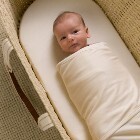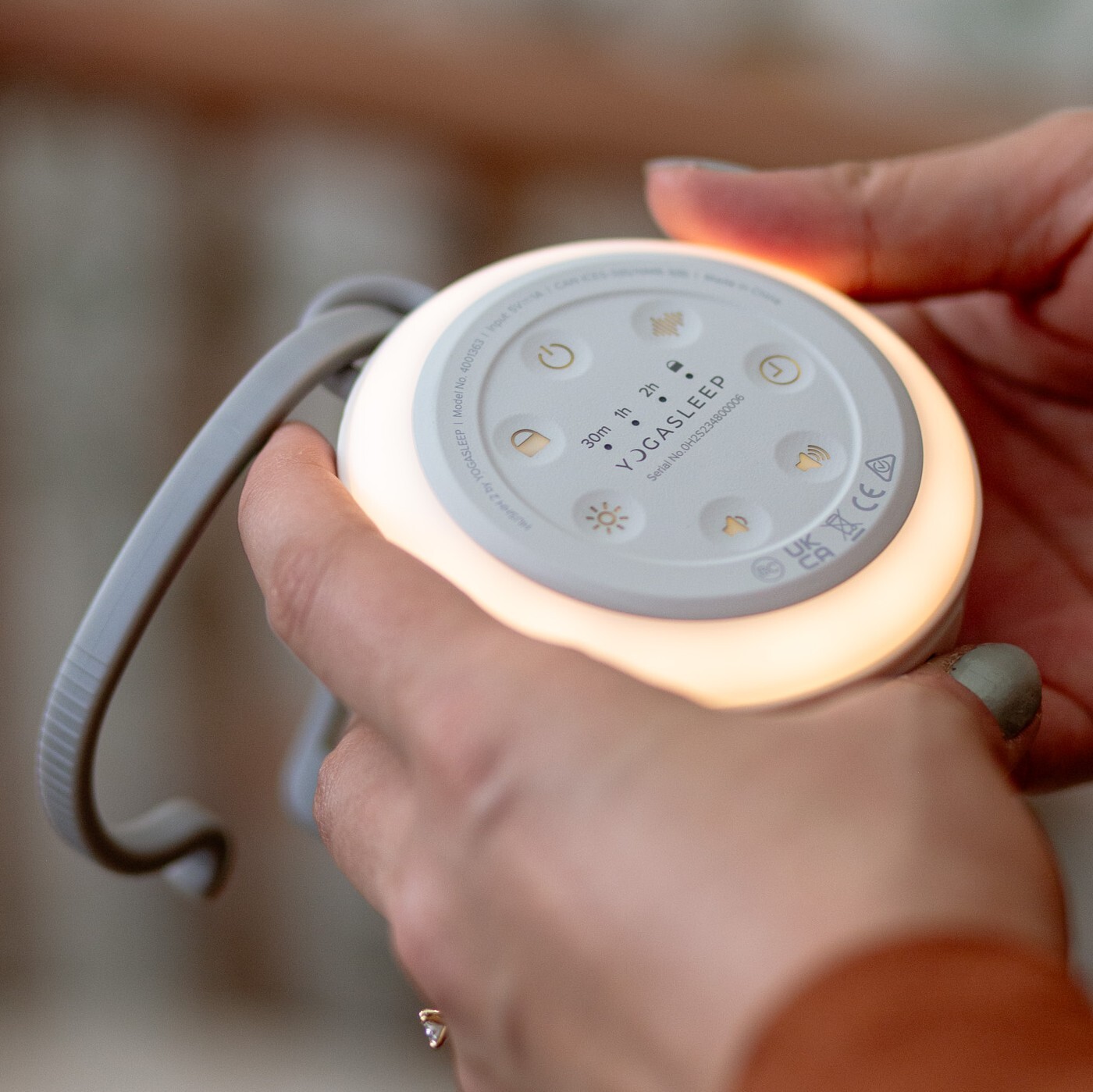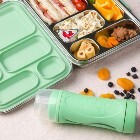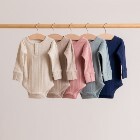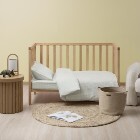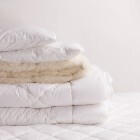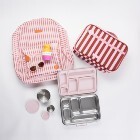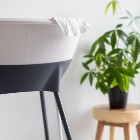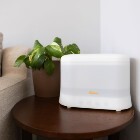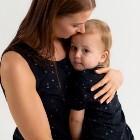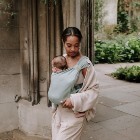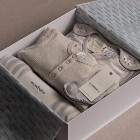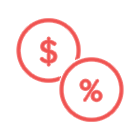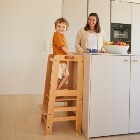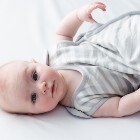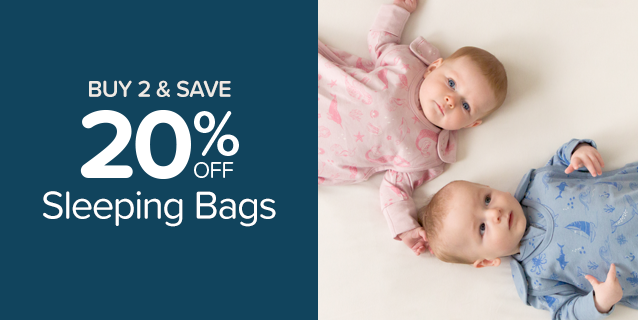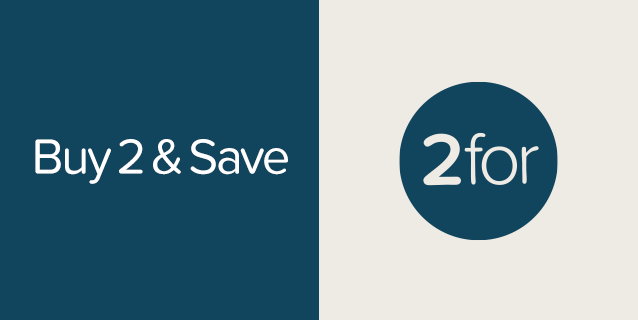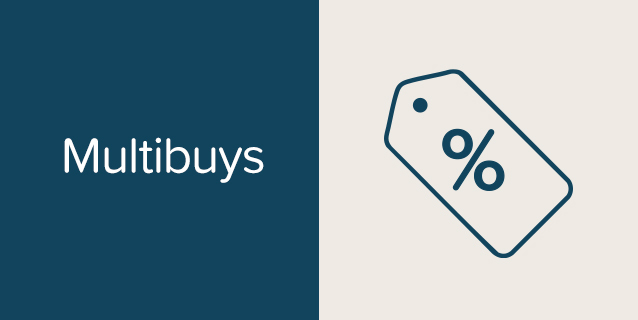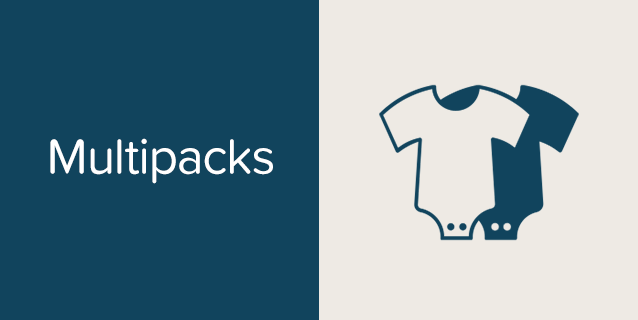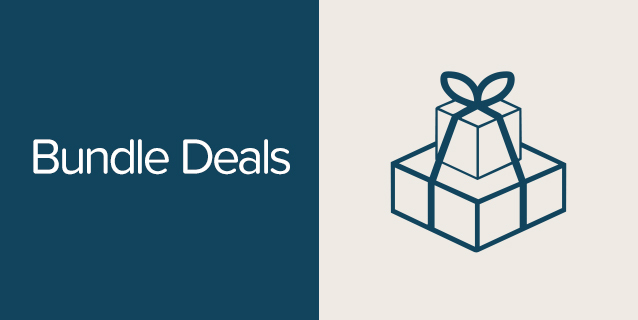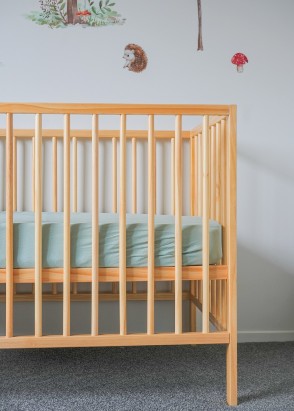Having a baby can be an exciting but overwhelming experience. It's exciting as you wait to finally meet your little one after 9 long months, however navigating what you need and the costs can be overwhelming.
Understanding the difference between essential and “nice to have” is key, especially for the newborn phase. As a new parent it’s easy to be convinced you “need” something by friends, family, stores and social media - there is information everywhere you look and not all of it is helpful! We’re here to help you cut through all that and discuss the absolute essentials for a newborn. Here at The Sleep Store we stock quality, safe baby products. And although we have a huge range, what you really need is a fraction of what we offer, so we’ll give you the lowdown below.
We’ll also discuss other ways to save money, whilst still ensuring your baby is warm and safe and has exactly what they need for the fourth trimester (baby’s first three months).

